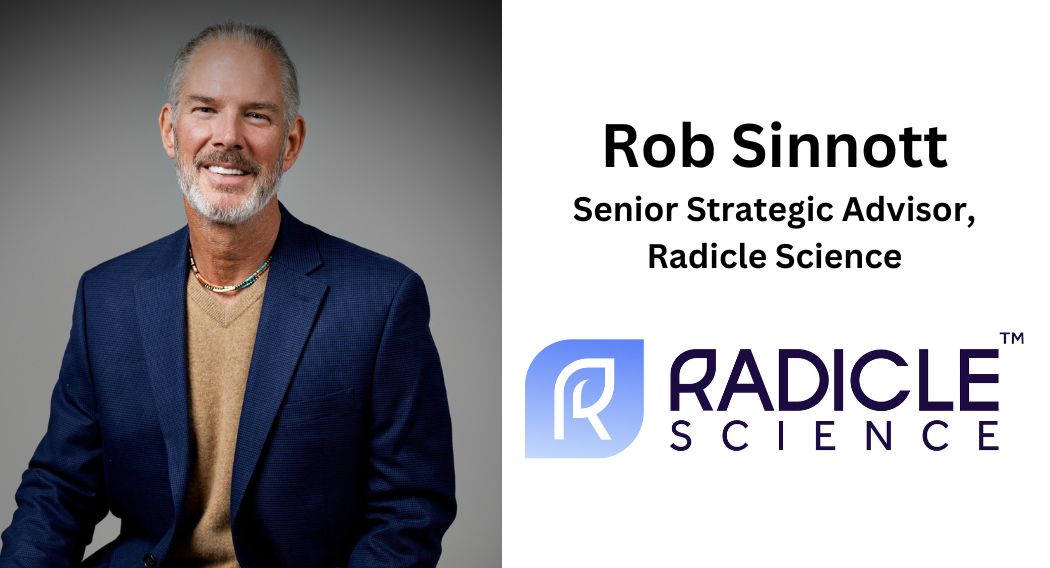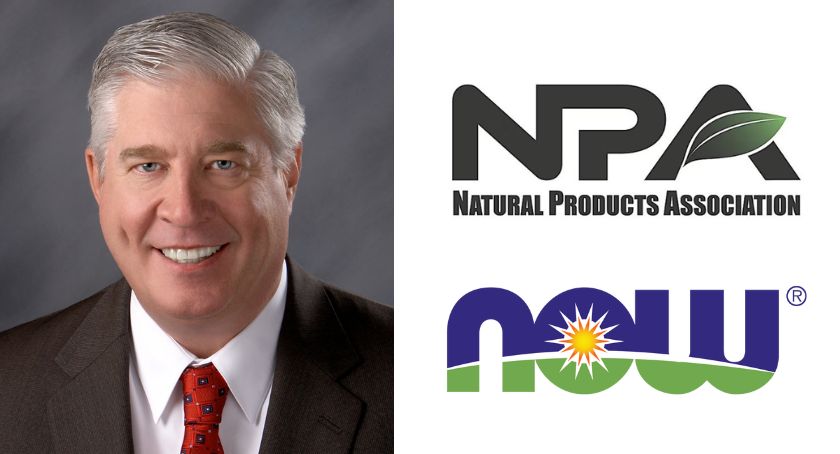
By: Sean Moloughney

The Council for Responsible Nutrition (CRN), Washington D.C., the Natural Products Association (NPA), Washington D.C., and the Global Organization for EPA and DHA Omega-3 (GOED), Salt Lake City, UT, have all come out to voice descent with a new study published in the Journal of the National Cancer Institute, which links men with high blood concentrations of omega 3 fatty acids with an increased risk of prostate cancer.
The study, “Plasma Phospholipid Fatty Acids and Prostate Cancer Risk in the SELECT Trial,” assessed 834 men diagnosed with prostate cancer, of which 156 had high-grade cancer, in addition to a sub-cohort of 1393 men selected randomly at baseline and from within strata frequency matched to case subjects on age and race. According to the report, proportional hazards models estimated hazard ratios (HR) and 95% confidence intervals (CI) for associations between fatty acids and prostate cancer risk overall and by grade. All statistical tests were two-sided.
Results found that compared with men in the lowest quartiles of LCω-3PUFA, men in the highest quartile had increased risks for low-grade (HR = 1.44, 95% CI = 1.08 to 1.93), high-grade (HR = 1.71, 95% CI = 1.00 to 2.94), and total prostate cancer (HR = 1.43, 95% CI = 1.09 to 1.88). Associations were similar for individual long-chain ω-3 fatty acids. Higher linoleic acid (ω-6) was associated with reduced risks of low-grade (HR = 0.75, 95% CI = 0.56 to 0.99) and total prostate cancer (HR = 0.77, 95% CI = 0.59 to 1.01); however, there was no dose response.
With this data, researchers concluded that the study confirmed previous reports of increased prostate cancer risk among men with high blood concentrations of LCω-3PUFA, and suggested that recommendations to increase the intake of omega 3s should consider this risk.
In response to the report’s conclusions, NPA’s senior vice president of scientific and regulatory affairs, Cara Welch, Ph.D., stressed, “that correlation does not equal causation, and this study only discusses a correlation.” Further, she added, “Simply put, there is nothing in this study that raises any red flags for NPA. We welcome the Journal of the National Cancer Institute to continue publishing research on the health effects of omega-3s because we’re confident the benefits outweigh risks. Additionally, the authors’ jump to blaming supplements for these results is irresponsible, at best, when the study didn’t include any information about how the omega-3 intake was achieved.”
Executive director of NPA, John Shaw, also asserted, “If our diets are lacking in essential nutrients, supplements are an excellent way of ensuring we’re meeting our bodies’ nutritional requirements. NPA encourages those interested in starting a new dietary supplement to discuss doing so with their health care professional.”
CRN’s vice president, scientific and regulatory affairs Duffy MacKay, N.D., voiced a similar perspective, explaining that “The numerous benefits of omega-3 fatty acids from foods (like salmon and sardines) and dietary supplements are well-established for men and women in all stages of life—and this new study does not change those recommendations about the importance of this nutrient.”
Dr. MacKay also suggested considering whether the study should have measured a biomarker reflecting recent intake of fish or fish oil supplements in a group of high risk cancer patients that had been told to increase their EPA and DHA levels, as compared to a group of non-cancer patients that had not been told to consume more EPA and DHA. He explained, “Plasma levels of EPA and DHA reflect very recent intake and are considered a poor biomarker of long term omega-3 intake especially when compared to red blood cell levels, which reflect medium term intake. A single fish oil dose (or hearty serving of fish at lunch) results in >100 percent increase in plasma omega-3 levels. So looking at plasma levels in healthy and sick people may only provide insight into the recent habits of these individuals.”
GOED joined CRN and NPA by commenting, “While any recommendation for supplementation should consider any associated risks, we believe the authors’ conclusion is irresponsible and blatantly ignores the totality of the scientific evidence that has been collected over multiple decades regarding the health benefits of marine omega-3 fatty acids.” In addition to a variety of points outlining the study’s ineffectiveness, GOED highlighted that the study was not specifically designed to look at the exact relationship between omega 3 fatty acid intake and prostate cancer. In addition, they suggested that if the report’s findings were correct, prostatecancer would be rampant in any country with high seafood consumption (Scandinavia, Japan etc.) and conversely, low level consumption should be protective, which is clearly not the case.




















